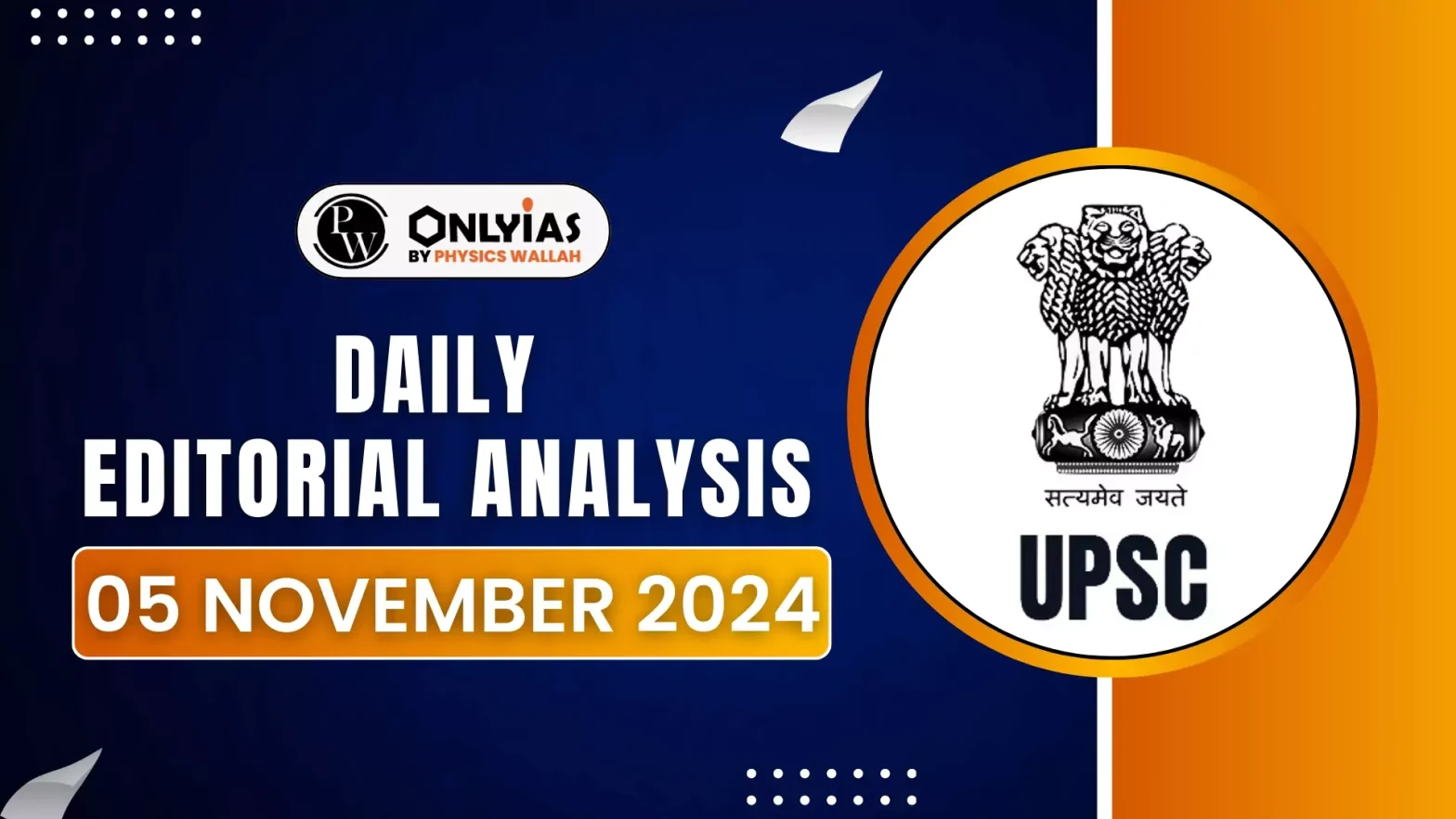The concerns surrounding the appointment and functioning of the Chief Election Commissioner (CEC) and Election Commissioners (ECs) raise serious questions about potential bias and impartiality in the electoral process.
Constitutional Assembly Debates on the Appointment of the Chief Election Commissioner
- During the deliberations of the Constituent Assembly, the need for an independent electoral body was articulated with clarity.
- Notably, Shibban Lal Saxena proposed that appointments to the Election Commission be conducted on a bipartisan basis, requiring a two-thirds majority in both Houses of Parliament.
- This proposal aimed to ensure that appointees commanded widespread confidence and retained the independence essential for conducting fair elections.
- Regrettably, this vision was not realised, emphasising the ongoing challenges faced by the framers of the Constitution in establishing an unbiased electoral framework.
|
Enroll now for UPSC Online Course
Concerns About Bias in Appointments
1. Constitutional Framework
- Article 324(2) of the Indian Constitution empowers the President to appoint the CEC and ECs, based on legislation made by Parliament.
- However, no such legislation has been enacted, leading to appointments being made solely on the advice of the Executive.
2. Supreme Court Intervention and Subsequent legislation
- In March 2023, the Supreme Court issued a directive stating that the appointment of the CEC and ECs should be based on the advice of a committee consisting of the Prime Minister, the Leader of the Opposition, and the Chief Justice of India.
- This ruling sought to enhance the independence of the Election Commission until Parliament could establish a formal law delineating the appointment process.
- Contrary to the Supreme Court’s intent, Parliament passed legislation in December 2023 that altered the composition of the appointment committee to include the Prime Minister, the Leader of the Opposition, and a Union Cabinet Minister.
- This adjustment diverged from the Court’s aim to safeguard the Election Commission’s independence, further intensifying concerns about potential bias in appointments.
Proposed Comprehensive Appointment System
To fortify the independence of the Election Commission and ensure the conduct of free and fair elections, a robust and transparent appointment system is necessary:
- Parliamentary Committee Oversight: Establish a parliamentary committee tasked with setting qualifications and screening candidates for the positions of CEC and ECs.
- Qualifications Approval: Require the qualifications for candidates to be approved by a two-thirds majority in Parliament, ensuring that only suitable individuals are considered for these pivotal roles.
- Nominations and Public Hearings: The committee would invite nominations, shortlist candidates, and hold public hearings to enhance transparency and public trust in the appointment process.
- Final Approval: The final selections would necessitate a two-thirds majority approval in Parliament before being forwarded to the President for formal appointment.
- Tenure Regulations: Establish a tenure of six years for the CEC and ECs, or until the age of 75, whichever comes first, with a stipulation that no individual over the age of 69 should be appointed to ensure a full term of service.
While the implementation of this proposed process may extend the timeline for appointments, it is imperative for reinforcing democracy and ensuring that the Election Commission operates with the requisite independence, as underscored by the Supreme Court.
Check Out UPSC CSE Books From PW Store
Conclusion
In order to ensure free and fair elections in India, a transparent and bipartisan appointment process for the Election Commission is essential. This approach will foster independence, enhance public trust, and align with constitutional principles, thereby strengthening the democratic fabric of the nation.
![]() 5 Nov 2024
5 Nov 2024
